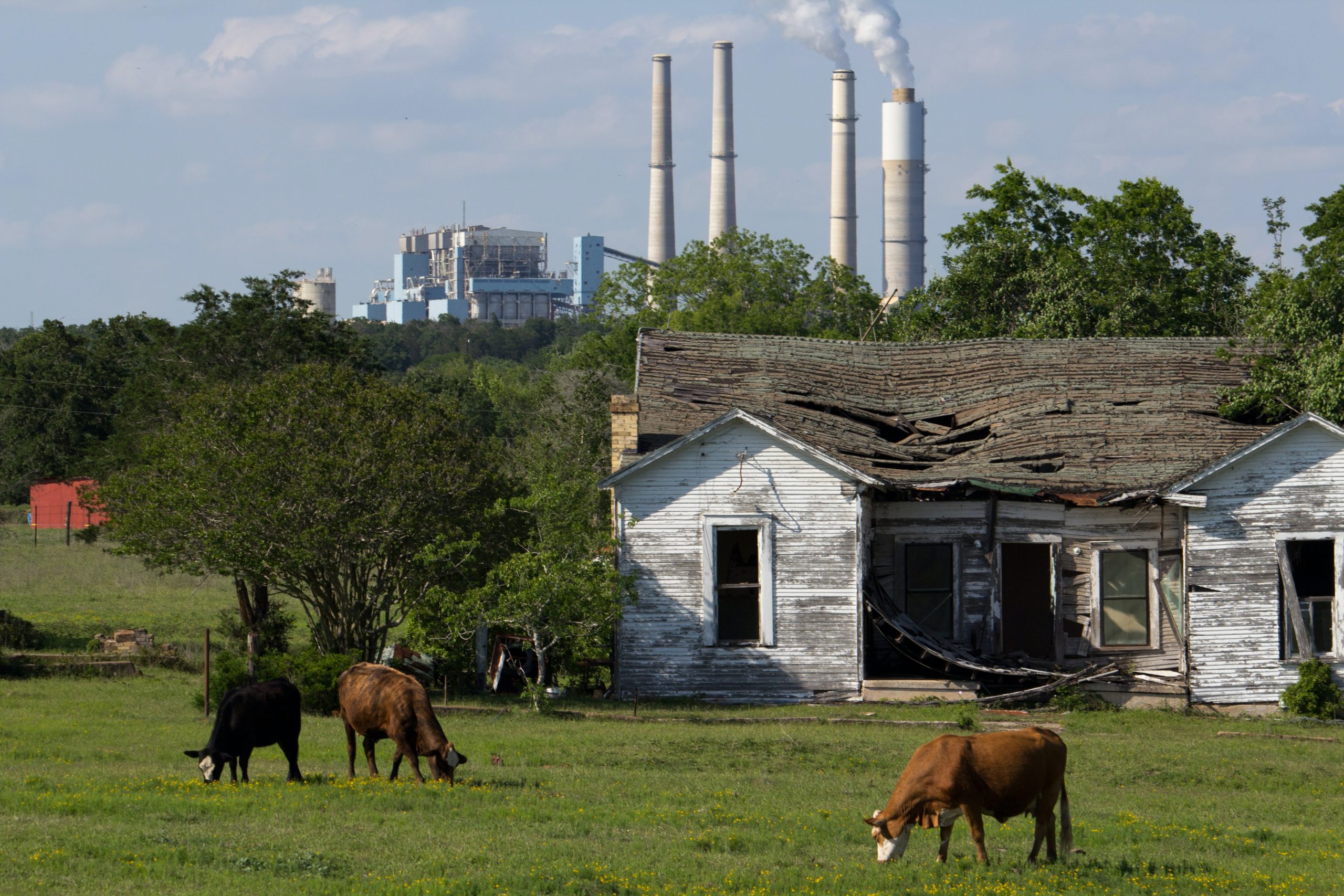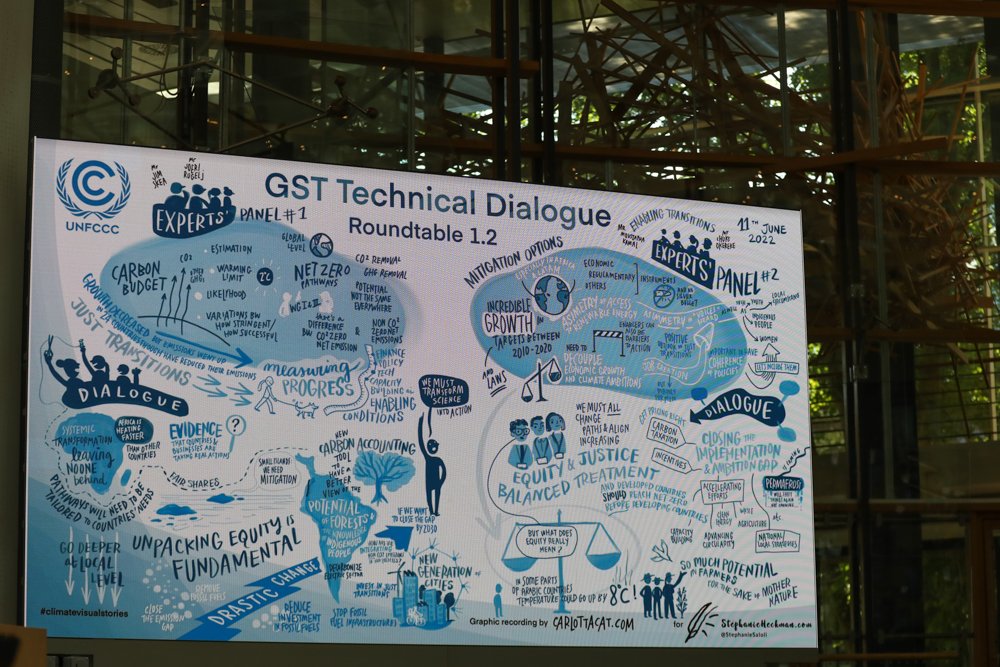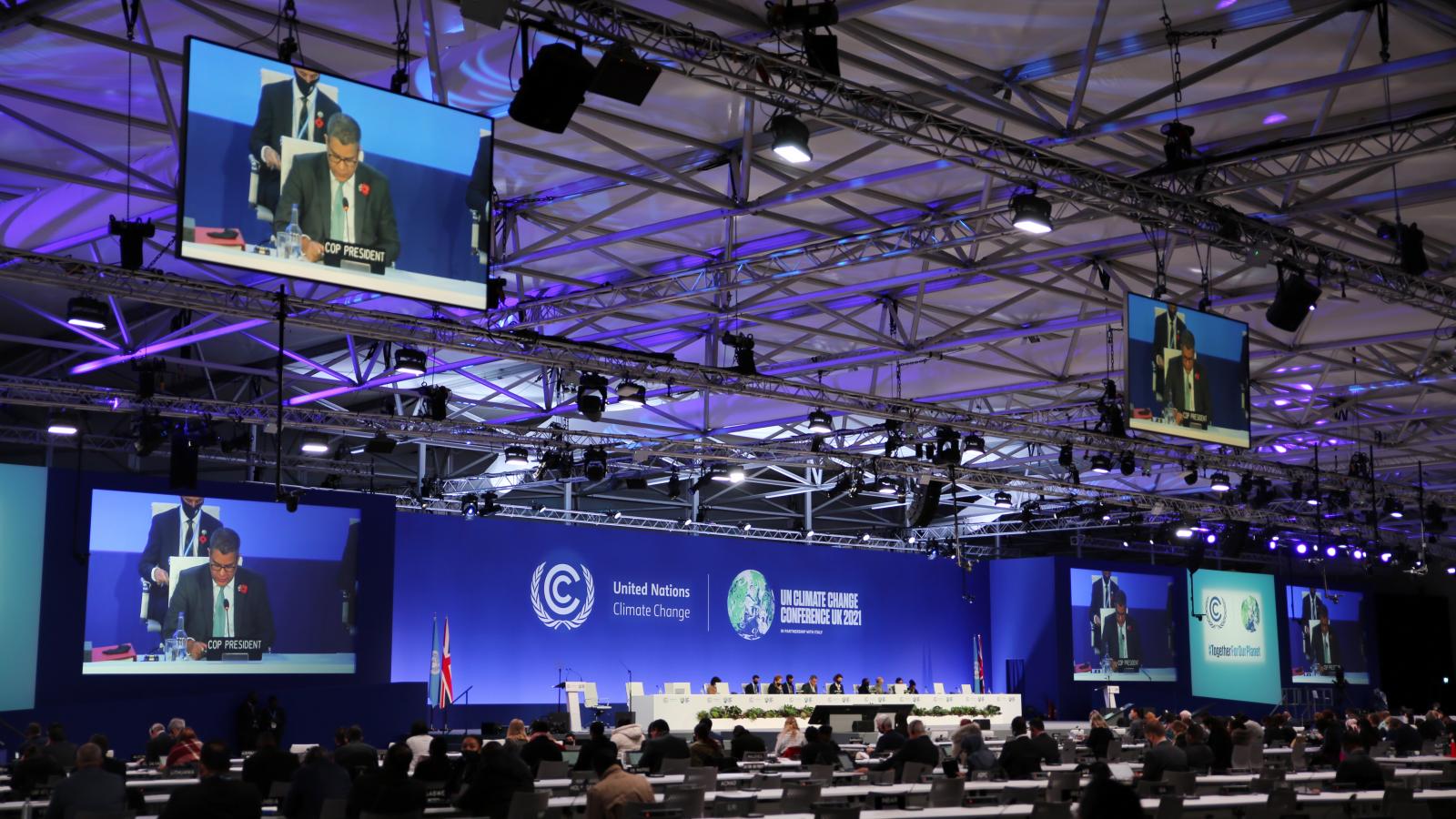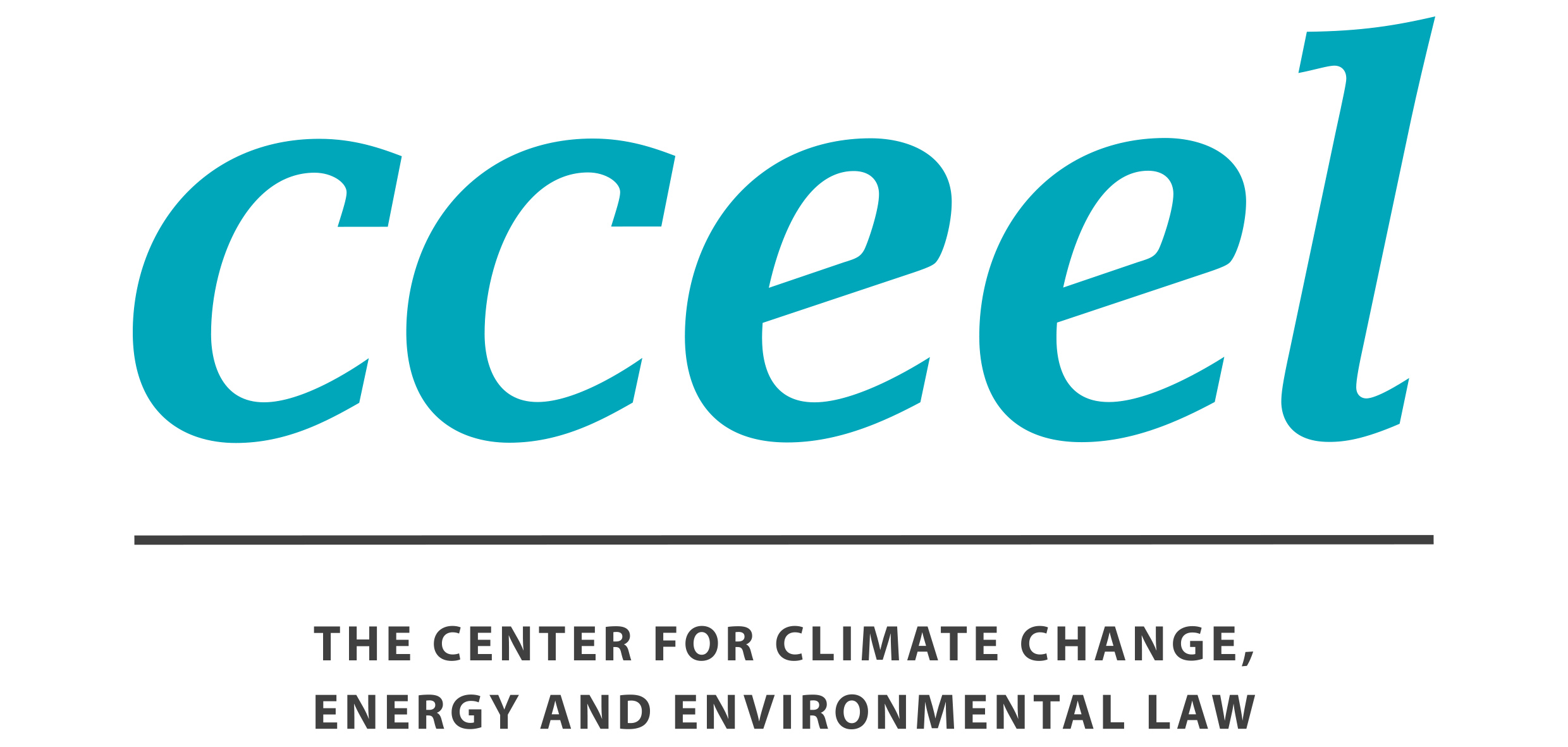
Suomen uusi ilmastolaki uskottavuustestissä – päättääkö valtioneuvosto lisätoimista nieluromahduksen johdosta?
Teksti : Kati Kulovesi, Maiju Mähönen ja Otto Bruun. This was first published in the 2035Legitimacy blog on 24 October 2022. Vuoden 2022 ilmastovuosikertomus julkaistaan tällä viikolla. Samalla Suomen ilmastopolitiikan toteutumista ja päästöjen kehitystä päästään ensimmäistä kertaa arvioimaan uuden ilmastolain kiristyneisiin ilmastotavoitteisiin peilaten. Lisätoimet näyttävät tarpeellisilta tavoitteiden saavuttamiseksi ja hiilinielujen turvaamiseksi. Ilmastovuosikertomukseen kootaan vuosittain tieto […]

A brief history of short-lived climate pollutants in environmental science and governance
By Niklas Löther, Research Trainee Interest in climate forcers other than CO2 is on the rise. The IPCC’s latest assessment report dedicates a full chapter to such substances, including gases like methane and HFCs but also aerosols like black carbon. Methane in particular then took centre stage at last year’s COP26, where over 100 states […]

Impact of the Russian invasion of Ukraine on environment, climate change and green energy transition
By Kateryna Holzer, Senior Researcher and Ievgeniia Kopytsia, Postdoctoral Researcher The Russian invasion of Ukraine is an unjustified and unprovoked act of aggression against an independent and sovereign state, as well as a violation of existing norms of international law and principles of human coexistence (Resolution A/ES-11/L.1). The use of heavy artillery and ballistic missiles […]

Taking stock of the stocktake: Reflections from the Bonn Technical Dialogue
By Nicola Sharman, Early Stage Researcher and Harro van Asselt, Professor of Climate Law and Policy From 6-16 June, government officials and other delegates, including experts, non-governmental organisations, business representatives, and other non-state actors met in Germany for the annual UN Bonn Climate Change Conference. High on the agenda was the first meeting of the […]

Legal transformations in an era of globalization: the case of REDD+
By Eugenia Recio Piva, Postdoctoral Researcher in Climate Law and Policy (Author’s Note: This blog post is based on my recently defended article-based PhD titled Legal Transformations in an Era of Globalization: the case of REDD+) Forests are critical in ensuring the integrity of the world’s ecosystems and the wellbeing of humanity. Scientists say that […]

Kolme ehdotusta, miten vahvistaa ilmasto-suunnitelmien roolia
Teksti: Antti Belinskij, Anu Lähteenmäki-Uutela, Paula Leskinen, Seita Romppanen. This was first published in the 2035Legitimacy blog. Parhaillaan uudistettavan ilmastolain tärkein työkalu on ilmastopolitiikan suunnittelujärjestelmä. Ilmastosuunnitelmien avulla Suomi pyrkii saavuttamaan hiilineutraaliuden vuoteen 2035 mennessä sekä muut ilmastonmuutoksen hillinnän ja sopeutumisen tavoitteet. Jotta tavoitteet saavutetaan, ilmastosuunnitelmien oikeudelliseen sääntelyyn on syytä tehdä kolme tärkeää muutosta: 1) ilmastolain […]

Five takeaways on international climate cooperation from the IPCC’s Sixth Assessment Report on mitigation
By Harro van Asselt, Professor of Climate Law and Policy. First published in the NDC Aspects blog on 7 April 2022. The latest report by the Intergovernmental Panel on Climate Change (IPCC) underscores once again why this is a critical decade for climate action: to keep global warming below 1.5°C with a chance of more than […]

Beyond COP26: Time for an Advisory Opinion on climate change?
By Annalisa Savaresi, Kati Kulovesi and Harro van Asselt. First published in the EJIL:Talk blog on 17 December 2021. The recent Glasgow Climate Change Conference (COP26) provided a stark reminder of the gap between states’ planned greenhouse emission reductions and the global temperature goal enshrined in the Paris Agreement. The conference also dramatically showcased once more the plight […]

Breaking a taboo: Fossil fuels at COP26
By Dr. Harro van Asselt, Professor of Climate Law and Policy. First published in the EJIL:Talk! blog on 26 November 2021. For nearly 30 years, the international legal regime addressing climate change has kept largely silent about the major driver of the problem it seeks to address: fossil fuels. The Glasgow Climate Change Conference (COP26) […]

The ‘Glasgow Turn’: A shift toward more ocean-inclusive climate policy
By Dr. Ellycia Harrould-Kolieb, Postdoctoral Researcher in Climate Law and Policy While there has been much talk of the disappointing end to COP 26 (the 26th meeting of the Conference of the Parties to the United Nations Framework Convention on Climate Change (UNFCCC), there has been a notable shift in the language used by the […]
